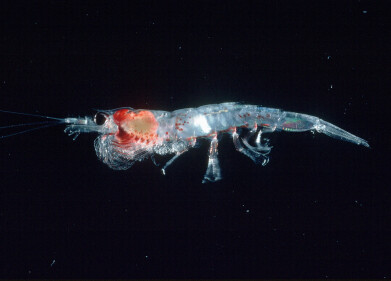Water/Wastewater
Are Pollution Fines the Solution?
Jan 18 2016
Earlier this month, Thames Water Utilities were hit with a record fine of £1 million as a result of continued failure to prevent polluted waters from entering the Wendover Arm of the Grand Union Canal in Hertfordshire. The offending contamination is alleged to have taken place between July 2012 and April of the following year and the presiding judge has decided to make an example of the company for refusing to clean up its act and avoid further environmental damage.
The Details of the Record Fine
Thames Water act as a private company which treats wastewater and removes impurities and contaminants, before discharging it back into the Grand Union Canal. As such, they provide a viable alternative solution to disposing wastewater into the public sewer system for companies and entities which produce heavily contaminated waste.
However, under the terms of their permit with the Environment Agency, the sewage they receive from the Tring sewage treatment works (STW) must be free from all pollutants which could negatively impact life in the canal or any activities (such as boating and fishing) which could take place on top of it. Some defective screens were found to have allowed a not insignificant amount of waste into the canal (including ear buds and panty liners) over a 10 month period, leading to the fine.
The presiding judge, Andrew Bright QC, ruled that the company must pay £1m in fines, £18,113.08 in costs and £120 per individual victim affected. The heftiness of the fine is intended as a warning to other companies who fail to clean up their act, despite professing their intentions to do so.
“The time has now come for the courts to make clear that very large organisations such as [Thames Water] really must bring about the reforms and improvements for which they say they are striving, because if they do not, the sentences passed upon them for environmental offences will be sufficiently severe to have a significant impact on their finances,” explained the judge.
Do the Fines Work?
As the largest wastewater fine on record, it remains to be seen whether or not the penalty will have the intended effect upon such companies, though the fact that the figure is not a trifling one is surely an indication that these businesses will do their utmost to avoid penalisation in the future.
Three years ago, wastewater fines were tripled in Singapore in a bid to discourage factories from dumping chemical-laden waste into public sewers and waterways. The measure appears to have contained some success, with such dumping incidents diminished since its introduction.
Meanwhile, outwith the realm of wastewater treatment, the council of Islington introduced a ban on idling while stopped for all transportation within the borough. Applying to all vehicles, including buses and taxis, the 2014 measure imposed on-the-spot fines for those caught idling whilst not moving or waiting at a signal. The result of the fine has been a dramatic drop in the number of idling vehicles in the Islington area, which has seen less carbon and other harmful pollutants emitted from exhaust pipes as a result.
Therefore, although a negative incentive does not appear very palatable, it does seem to be quite effective in enforcing environmental practices. If individuals and businesses won’t face up to their responsibilities, they must be forced to do so – and at present, fines appear to be the most effective way of achieving this.
Events
Carrefour des Gestions Locales de L'eau
Jan 22 2025 Rennes, France
Jan 29 2025 Tokyo, Japan
Feb 05 2025 Nantes, France
Feb 16 2025 Kampala, Uganda
Feb 26 2025 Chennai, India
.jpg)



-as-feedstock.jpg)





